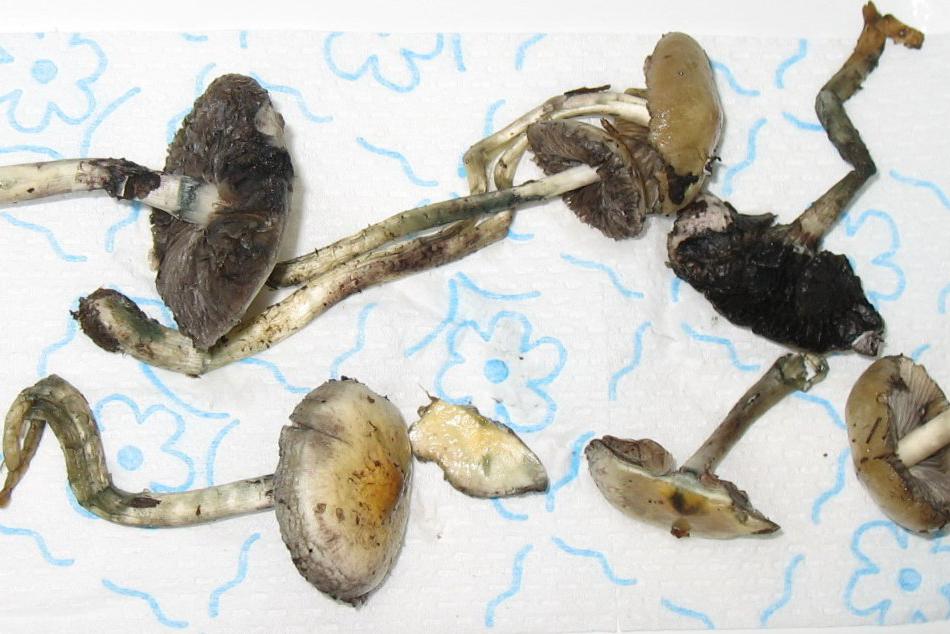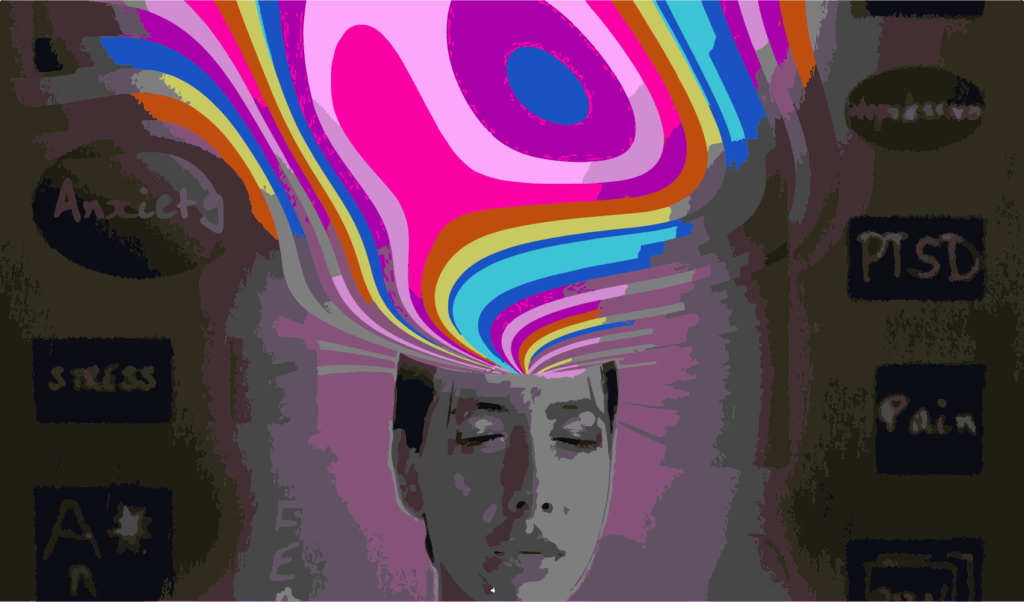Ketamine helps change thinking patterns in people with treatment-resistant depression
Its effect is fast and sustained.
 People with treatment resistant depression shows signs of improvement after being administered ketamine. : whoismargot, Wikimedia CC 1.0
People with treatment resistant depression shows signs of improvement after being administered ketamine. : whoismargot, Wikimedia CC 1.0
Its effect is fast and sustained.
Ketamine – a drug used primarily by doctors and veterinarians as an anaesthetic, sedative and pain-killer – is a promising therapy for people with treatment-resistant depression, producing a rapid and sustained decrease in depressive symptoms. The small study of French patients has also provided insight into the overwhelmingly optimistic view of the world that people tend to have.
The World Health Organization says depression affects five percent of adults worldwide and is a major contributor to the overall global burden of disease. Depression involves cognitive impairment that colours a person’s perception and interpretation of life events. People with depression view the world with pessimism, as worthless and hopeless. In this state of ‘pervasive pessimism,’ the person can also resist information that counters their highly negative beliefs about the future. Around one-third of people with major depressive disorder or bipolar depression do not have significant improvement even after months of treatment.
Ketamine’s impact on thinking patterns can be understood better when considering the way that healthy people think. When people make decisions, they usually first make some assumptions or guesses about the likely result of these choices. Research has previously found that humans have a strong optimism bias — most people will overestimate the likelihood of positive events, such as success in the job market, or winning a lottery. People also underestimate the likelihood of negative events such as being in a car accident, or suffering from cancer.
People are also more likely to believe good news if it relates to themselves, an effect that is termed ‘the good news/bad news bias.’ But studies on other neurological conditions found that ketamine changes the way healthy people update their beliefs when faced with new information, making them more optimistic.
While there is evidence people’s optimism bias can help maintain mental and physical health, studies show this optimism bias is absent in people with depression. These beliefs seem to play an important role in depression and in treatment resistance.
The new research, published in JAMA Psychiatry last week, looked at whether ketamine restored optimism biases, what might be happening in the brain to bring about any change and whether the changes had longer-term antidepressant effects. The study compared 56 people; 26 had treatment-resistant depression and 30 were healthy ‘control’ participants.
All subjects were tested using both a depression rating scale, and a test of how their beliefs changed following good and bad news. Healthy control participants were tested twice, one week apart, without receiving any ketamine or any placebo. The participants with treatment-resistant depression were tested once and then injected with ketamine three times over one week and tested four hours after their injection and again a week later. The study was not structured as a clinical trial of the drug, meaning more work would be needed before scientists can say for sure that ketamine could be useful as a treatment.
The results showed the ketamine produced a rapid antidepressant effect at the four-hour test. Other ketamine studies have looked into the effects at the 24-hour mark, and found even stronger results. The effect was also sustained, with patients showing a reduction in depression scores a week later.
The study also showed that patients with treatment-resistant depression had a significant increase in their optimism bias.
The research findings give new insights into how ketamine could be used to reset the ‘optimism bias’ cognitive mechanism in people who are suffering from treatment-resistant depression. The study also offers promising perspectives for augmented psychotherapy for people with mood disorders.
If this article has raised issues for you, or if you’re concerned about someone you know, visit Find a helpline for free, confidential support from a real person over phone, text or online chat in your country.
Liane Schmidt is a cognitive neuroscientist at the French Institute for Health and Medical Research (INSERM) and co-leads a research team with Professor Philippe Fossati at the Paris Brain Institute (ICM), where she combines brain-imaging tools with behavioural testing to explore motivation, reward expectancy, self-control, and placebo effects. This study was supported by the Agence Nationale de la Recherche.
Originally published under Creative Commons by 360info™.














